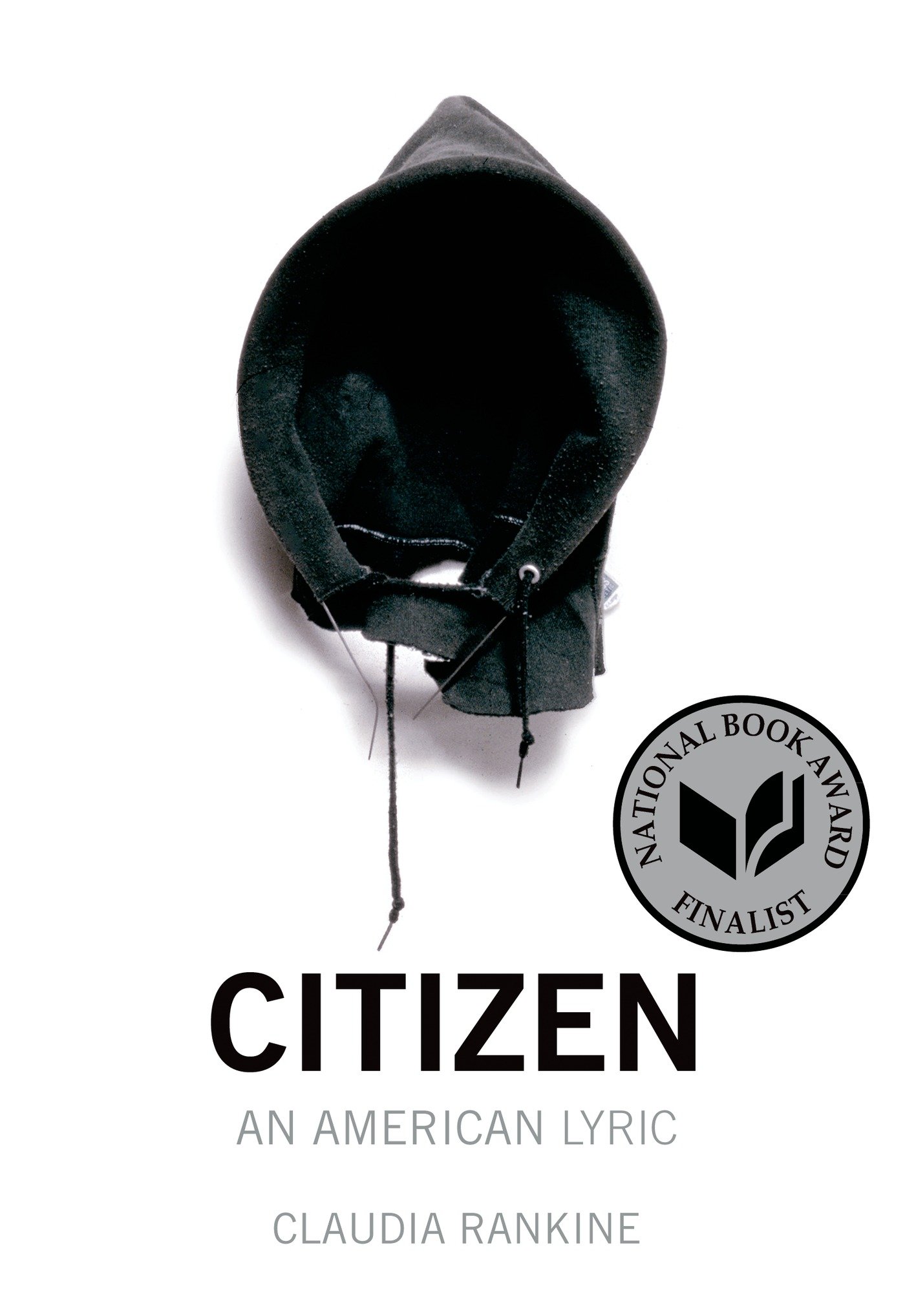
"Microaggressions" — How to be a MacArthur Genius
By Steve Sailer
09/22/2016
The MacArthur Genius grants were announced and they’re the usual weird collection of legitimate nice white lady scientists, such as microbe researcher Diane Newman of Caltech, and hilariously shameless race hustlers, such as Genius T. Coates last year and this year, Claudia Rankine, a poetry professor at Pomona College, who won for her collection of microaggressions she and her friends say they have suffered. From the Wikipedia article on her award-winning 2014 book Citizen: An American Lyric:

The book consists of seven chapters interspersed with images and artworks. The first chapter details microagressions that have occurred to Rankine and her friends. The second chapter discusses the YouTube character Hennessy Youngman created by Jayson Musson, and discusses racial incidents in the life of Serena Williams and her public image. The third chapter features more microagressions and the nature of racist language. In the fourth chapter Rankine writes of the transition of sighs into aches, the nature of language, memory, and watching tennis matches in silence. Chapter five is a complex poem on self-identity, interspersed with more microagressions. Chapter six is a series of scripts for “situation videos” created in collaboration with John Lucas on Hurricane Katrina, the shootings of Trayvon Martin and James Craig Anderson, the Jena Six, the 2011 England riots in the wake of the death of Mark Duggan, Stop-and-frisk, Zinedine Zidane’s headbutt of Marco Materazzi in the 2006 FIFA World Cup Final, and the verbal error during Barack Obama’s first inauguration as President of the United States. The seventh chapter ends with “Making Room”, a script for a “public fiction” about finding a seat on the subway, and a list of African-American men involved in recent police shooting incidents that concludes with the phrase “because white men can’t police their imagination black men are dying”. The seventh chapter is a complex meditation on race, the body, language and various incidents in the life of the author.
… These factors, subtly and metaphorically penned in the first paragraph grants these citizens a means to press forward against the subtle microaggressions, which, metaphorically speaking, is a wake for them in the very wake of the book. … The first chapter immediately transfers the reader into a black persona who is quickly becoming invisible by the harassment of microaggressions. The necessity of tolerance ascribed by blacks, that is, in these occurrences even are subjected to children in grade school. Still consistent with second person perspective use of you, the short narration is of a child: “You”, who experiences a microaggression by first a student who is copying her work throughout the school year, and secondly, from Sister Evelyn, who never acknowledges the blatant incidences. “…… The microaggression described here is that, you are unworthy of a genuine acknowledgment of gratitude.
Chapter 3[edit] This chapter, similar to Chapter 1, is composed of events in the form of micro-aggressions. … This form of micro-aggression reference is common throughout Citizen. …
Rankine refers to her own personal micro-aggressions and others of importance in real world situations that might have seemed flagrant. … Then continues to describe more moments of micro-aggressions. … ‘Did he just say that?’ ‘Did I just hear what I think I heard?’” (Believermag). These questions refer to responses made by Rankine throughout Citizen after instances of microaggressions. The way in which both the black body and the heads hold a history of racism and question instances of microaggressions supports Rankine’s purpose of relating the history of slavery and racism to the present form of racism in the form of microaggressions. …
- 2014 National Book Critics Circle Award (Poetry) winner[11][12]
- 2014 National Book Critics Circle Award (Criticism) finalist[11]
- 2014 California Book Awards Poetry Finalist[13]
- 2015 PEN Center USA Poetry Award[14] 2015 New York Times Bestseller[15]
- 2015 Los Angeles Times Book Prize in Poetry[16]
- 2015 NAACP Image Award for Outstanding Literary Work in Poetry[17]
